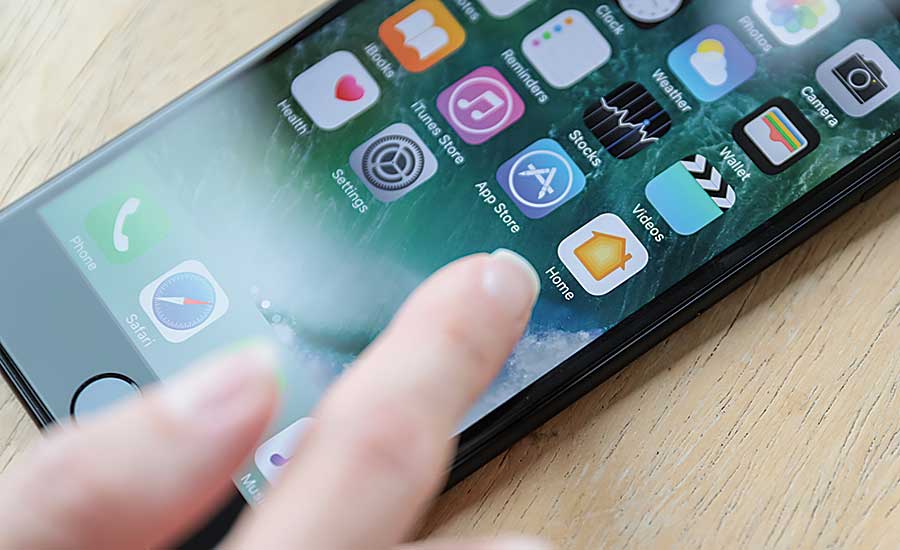Recently, Wall Street investors ignored Amazon’s latest lower earnings report and bid for $49 billion in new bonds.
Amazon nibbled only $16 billion (at lower-than-projected interest rates) and bought Whole Foods for $13.7 billion. What will Amazon do with the extra $2.3 billion? It is likely it will add to its already huge innovation budget.
In 2016, Amazon spent $6.74 billion on fixed assets with overall estimates for “innovative activities” exceeding $17 billion.
Value for B2B buyers
How does Amazon’s investment in innovation increase value for B2B buyers? Following the news feed for Amazon’s daily innovation announcements is a full-time job. Most of these innovations indirectly increase value for Amazon Prime customers, while also bringing in new Prime customers and increasing retention. Then, there is a domino effect as these Primers take their Amazon shopping expectations to work, causing an accelerating increase in B2B sales.
Because Amazon has intersecting, reinforcing platforms, all innovation at Amazon Web Services indirectly boosts B2C and B2B customer value. And this increase often is exponential due to chip and bandwidth power. Here are just a few examples:
Alexa developers will use increasing cognitive-computing speed, tools and algorithms to vastly improve voice commerce by 2019;
Automated replenishment solutions via the Internet of Things applications will improve;
Product information and education video quality continues to soar and customers continue to receive just-in-time “pull” educational experiences, which will force the “push” model reps use for product pitches to change; and
Bot-controlled inventory management is increasing the flow of inventory from Asian factories to our doorsteps with better fill rates, making it likely a distributor can’t match Amazon reseller variety, pricing and effective fill rates on the most profitable warehouse SKUs.
Who will love this?
Old-school customers? Maybe. Millennials? Yes! A recent comScore survey of 18-34-year olds shows the Amazon phone app is their No. 1 most essential app. As these digital natives join the workforce, they double-check their supply needs at Amazon and they often find better solutions there than from their employer’s rigid contract supply programs. Complaints to the purchasing department then prompt complementary deals with Amazon Business and first-year spend quickly can approach 20% of the total.
And when millennials become the buyers, other surveys reveal they see both outside and inside reps as an inconvenience when doing quick 24/7 rebuys of commodities. You should be asking yourself:
How fast will channel rep value for commodity rebuys fall?
What is your 2019 rep vision and transition plan?
Amazon owns your next-gen customers. What are your innovative ideas for minimizing sales losses to Amazon? Are you considering partnering with this frenemy? How will you out-innovate their value and within what customer niches?



